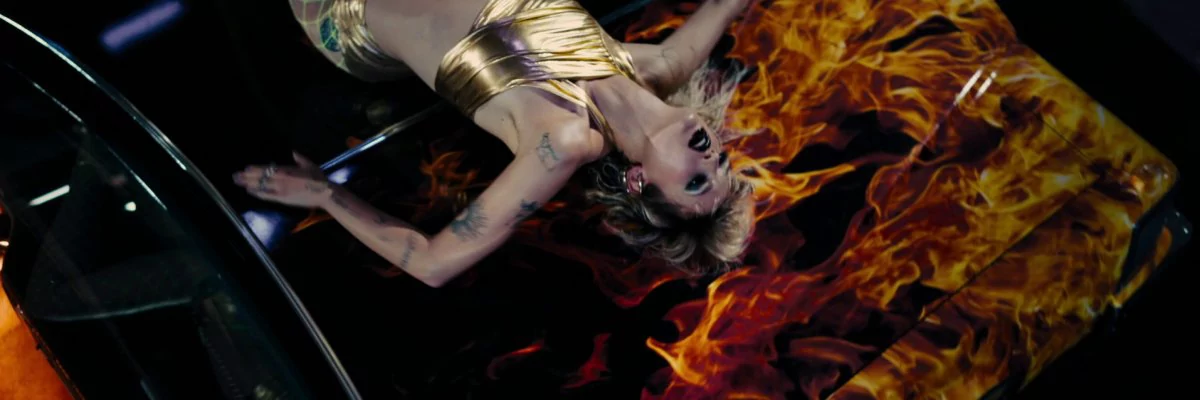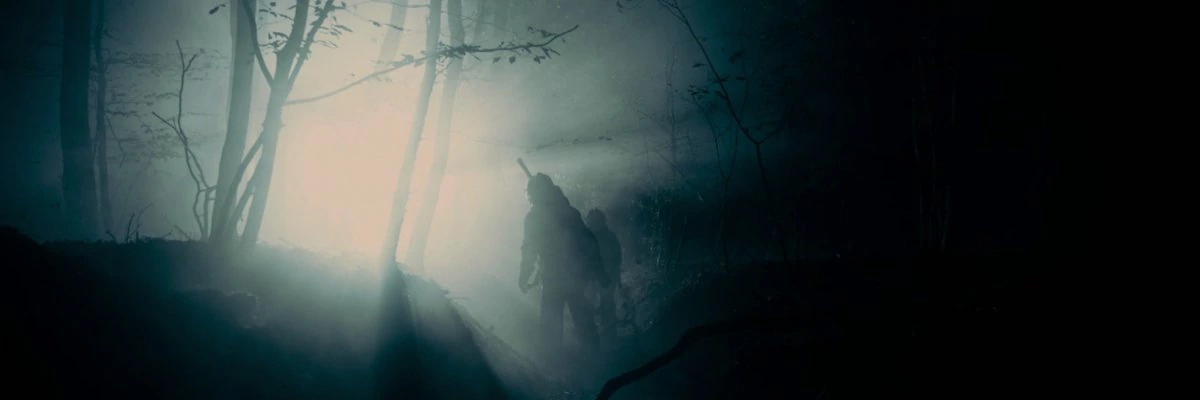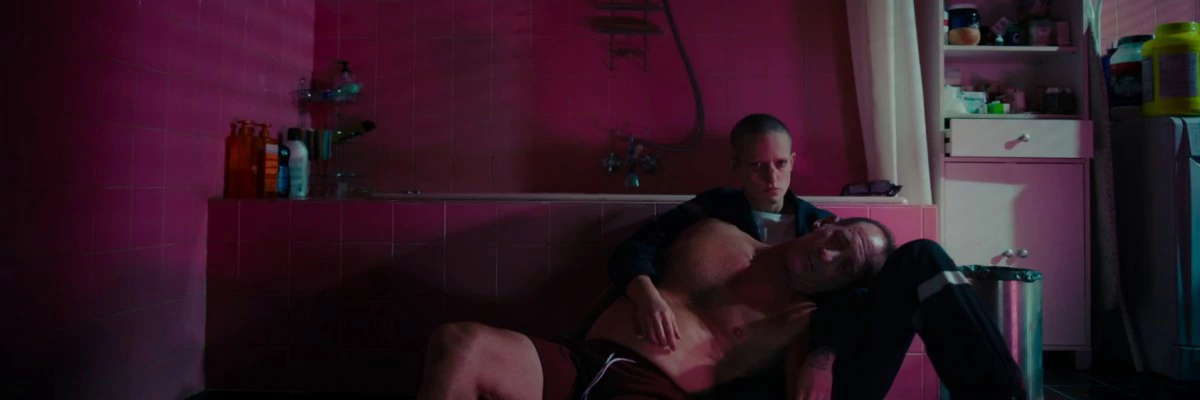Titane

Julia Ducournau's Titane is no doubt one of the least expected Cannes winners in years, if not decades. It's also the first Cannes winner I've actively looked forward to. I was pretty impressed with Ducournau's first and was more than eager to find out how she would fare with her second feature. People thinking she might have lost some of her edge (since she won at a more arthouse-dominated festival like Cannes) shouldn't worry too much, Titane is actually an improvement over Raw, amping up the horror while keeping that gritty drama foundation.

Ducournau is part of a group of female French directors who have been making a name for themselves in the genre/horror scene this past decade. They're known for blending in arthouse elements without skimping on the actual horror, which is exactly how I'd pitch Titane. It's difficult to say how much they really care about being role models or setting an example for others, even so, it's impossible to ignore the impact they have and how they've helped take away any weak arguments against having more women behind the camera/in the director chair.
While Titane is very much a thing of its own, a film that is very difficult to compare to other films out there, people have been quick and eager to link it to David Cronenberg's Crash, and even Shinya Tsukamoto's body of work. Though Titane certainly takes some pointers from their body horror output, I don't think these references create the right expectations for the film. Stylistically Ducournau is carving out a niche of her own, one that combines a grittier social drama vibe with more maximalist genre influences, committing to both sides equally.
The plot revolves around Alexia. One fateful afternoon, she keeps bugging her father while driving, to the point where he finally snaps. He crashes the vehicle and Alexia ends up with a metal plate in her skull. A scar she wears with pride. When Alexia is older, she becomes a dancer working at car shows, though it's clear she struggles with her identity. She finds release in killing people, but it doesn't take long before the cops are on her tail. Alexia decides to run away from home, transforming herself into a boy. When it turns out she is pregnant, she finds it harder and harder to keep hiding her biological gender.

Visually, Titane presents a mix of styles that traditionally don't go very well together. The drama part has a grittier and more realistic look, with more off-the-cuff and up close camerawork, while the genre moments get more elaborate camera movements, stronger color stories and a healthy amount of slow motion. Cinematographer Ruben Impens finds a nice balance between both approaches, so it never feels like you're watching two radically different films. Instead, the divergent styles seem to reinforce each other by highlighting their respective strengths through their contrast.
The soundtrack is on point too. It shines through in Ducournau's choice of music that she's still a younger director, going for styles and genres with more contemporary appeal. The music is tightly tailored to the scenes, with sound and images living together in harmony. Also props for including some hardcore electronic music, though from the segment I'm not sure if Ducournau ever attended a rave (mosh pits aren't really a thing in the scene, unless that's a more local/French phenomenon). Regardless, it's an exemplary soundtrack that more than pulls its weight in establishing the film's atmosphere.
As for the cast, it's impossible to understate Agathe Rousselle's contribution to the success of Titane. In what's effectively her first feature film, she leaves an indelible impression. She commits 200% to her character, a commendable effort not only considering the physicality of her part, but also because of the mental imbalance her character is struggling with. Rousselle becomes the face of the film and will no doubt have some trouble shaking off her performance in future projects. The rest of the cast is great too, with a powerful performance from Vincent Lindon, but Rousselle outshines them all.

Titane opens with a bang and Ducournau doesn't take her foot off the pedal for the first half hour. The film challenges you to take the narrative for granted, it overwhelms with its stylistic boldness, and it'll have you wince more than once. Slowly but surely more and more drama is injected, adding extra layers to the characters and fleshing out their personal tragedies, only to end the film another bang. While I do firmly believe both aspects of the film go well together, the uneven balance between the two does create a little dip in the middle. A bit more back and forth between genre and drama would've made it an even better film I think, but that's just nitpicking.
Julia Ducournau doesn't simply affirm all the praise she got for her first film, she shows that she hasn't reached her full potential yet, and that she isn't afraid to experiment her way to the top. Titane is a powerhouse feature, made with a bold signature, confidently blending genre and drama elements while tackling contemporary issues in the best of cinematic ways. I'm happy the Cannes jury went out of their way to pick a risky winner, that's certainly not always the case. Surely, not everyone will appreciate this film, some will actively hate what Ducournau is doing here, but at least nobody will be bored finding out if the film speaks to them.